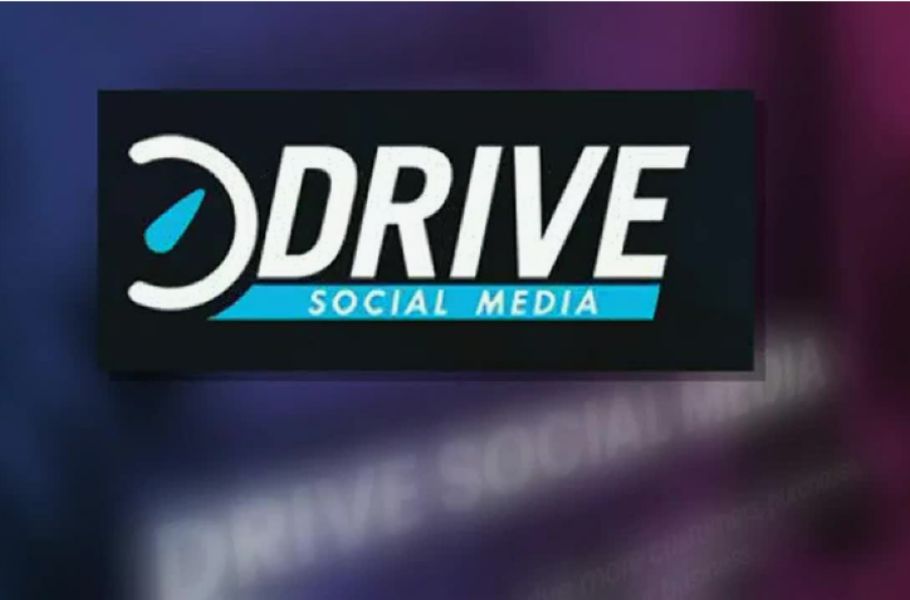In recent years, the rise of the drive social media lawsuit has highlighted growing concerns around digital content shared from behind the wheel. In today’s fast-paced digital world, where moments are captured and shared in real time, social media has evolved from a simple communication tool into a powerful platform for influence, self-expression, and storytelling. But as more creators record videos while driving whether through dashcams, vlogs, or live streams legal complications are starting to surface. The drive social media lawsuit refers to legal action taken against individuals or companies based on road-related content that may violate privacy rights, spread misinformation, or infringe on intellectual property. This article will explore what drives these lawsuits, how they unfold, and how content creators can protect themselves while still enjoying the creative potential of social media.
What is a Drive Social Media Lawsuit?
A drive social media lawsuit is a legal dispute that arises when content shared from a driving situation such as dash cam footage, car vlogs, live streaming while driving, or even reactions to other drivers results in harm to someone else, whether it be reputational, emotional, or legal. This type of lawsuit often involves parties who believe that their rights have been infringed due to the way they were portrayed or recorded in such content. For instance, if someone is unknowingly filmed in a private setting or is wrongly accused of dangerous driving on camera, they may have grounds for legal action.
These lawsuits are becoming more common as more people use mobile devices and dashboard cameras to record their commutes or road experiences and post them on platforms like YouTube, TikTok, or Instagram. While many creators do so to entertain or inform, the law may view their actions differently if they cross certain legal or ethical boundaries.
Why Do These Lawsuits Occur More Frequently Now?
With the increasing popularity of car vlogs and on-the-road content, it is no surprise that legal complaints are also raising. People are more aware of their rights, especially regarding privacy and how they are portrayed in digital media. The drive social media lawsuit often originates when someone believes they were recorded without consent or misrepresented in a way that harms their reputation.
Another major factor is the potential distraction caused by recording while driving. Some viewers and legal authorities question whether the content creator was fully focused on the road. If an accident occurs during the making of such content, it may lead not only to a lawsuit but also to criminal charges in certain jurisdictions.
How Can Social Media Content Lead to Legal Issues?
Social media content that features driving scenes can quickly become problematic for a number of reasons. If a creator includes music that is copyrighted without obtaining proper permissions, they may be sued for copyright infringement. Similarly, using people’s images or voices without consent especially in private locations or sensitive situations can lead to legal trouble.
Another common issue in a drive social media lawsuit involves defamation. If a creator publicly accuses another driver of wrongdoing, such as calling them a “reckless driver” or “dangerous on the road,” and those accusations are false or misleading, the other party may claim defamation. Even if the video goes viral and generates revenue, it doesn’t shield the creator from responsibility.
The Role of Privacy in Drive-Based Content
Privacy is one of the central themes in many drive social media lawsuit cases. While recording in public places is often allowed, problems arise when creators unintentionally or carelessly record private property or individuals in situations that are not meant for public viewing. For example, capturing someone’s home, license plate, or children without permission can lead to complaints.
Moreover, laws surrounding audio recording vary by location. In some areas, it is illegal to record a conversation without the consent of all parties involved. If a dashboard camera records conversations inside the vehicle or outside during an interaction with another person, this could be considered a privacy violation depending on the local laws.
Responsibility and Ethical Considerations for Creators
Creators who produce and share driving-related content must recognize their ethical responsibility toward the people they might feature in their videos. This responsibility includes ensuring that their actions do not harm others either emotionally or financially. Many drive social media lawsuit cases could have been avoided if creators had taken basic precautions like blurring faces, omitting license plate numbers, or refraining from personal commentary that might be hurtful or misleading.
The desire to entertain or go viral should never outweigh the importance of respect and safety. Ethical behavior not only builds trust with your audience but also significantly reduces the risk of legal complications.
Platform Policies and How They Influence Lawsuits
Social media platforms like YouTube and TikTok have established policies to address content violations. These platforms can take down videos, suspend accounts, or even share user information with law enforcement if requested. While platforms may try to maintain neutrality, they often act swiftly when a serious complaint is filed.
Many drive social media lawsuit cases begin with a content takedown request under DMCA (Digital Millennium Copyright Act) or due to privacy violations. If the creator does not comply, the issue may escalate into a full legal case. Knowing the terms and policies of the platform you are using is essential in navigating these situations successfully.
Legal Precedents and Notable Cases
There have already been several high-profile cases that illustrate the dangers of not respecting legal boundaries when posting driving-related content online. In one case, a YouTuber was sued after uploading footage of a minor car crash, accusing the other driver of being at fault. It was later revealed that the accusation was exaggerated, and the other driver filed a defamation lawsuit.
In another situation, a vlogger filmed and uploaded a confrontation with a pedestrian who reacted negatively to being recorded. The pedestrian successfully argued that the video caused emotional distress and led to online harassment. The court ruled in favor of the plaintiff, emphasizing the importance of consent and the potential harm caused by reckless publishing.These examples serve as reminders that drive social media lawsuits are not just theoretical they are happening, and they carry real consequences.
Steps to Avoid Being Sued Over Drive Content
To protect yourself from becoming the subject of a drive social media lawsuit, consider following these guidelines: First, never record or post content that includes identifiable individuals without their consent especially if they are in a private or sensitive context. Second, avoid using copyrighted materials such as background music, branded maps, or audio effects unless you have proper licensing. Third, be cautious with commentary; presenting opinions as facts can open the door to defamation claims.
Furthermore, always prioritize safety. Avoid multitasking or filming in a way that distracts from driving. Not only is this unsafe, but it may also lead to liability in case of an accident. Finally, consider adding disclaimers to your videos that state your intent and clarify that content is for educational or entertainment purposes only not to accuse or shame others.
When Legal Help Becomes Necessary
If you ever find yourself facing a drive social media lawsuit, it is important to seek legal advice immediately. A lawyer who specializes in media law or digital rights can help assess the claim and guide you through the response process. Sometimes, simply removing the content or issuing a formal apology may be enough to resolve the issue.
However, in more serious cases, where emotional or financial damage is claimed, the process may involve formal court proceedings. Being prepared and having documentation such as video files, consent forms, or editing notes can help strengthen your defense.
Conclusion
The popularity of road vlogs, drive reactions, and car-based storytelling continues to rise, but so does the responsibility that comes with it. As a creator, it’s no longer enough to focus solely on content quality or entertainment value you must also be legally aware and ethically grounded. A drive social media lawsuit can have serious repercussions, not just financially, but also for your reputation and creative future.
By respecting the privacy and dignity of others, staying informed about relevant laws, and using common sense, you can enjoy your creative freedom without crossing legal boundaries. In a digital era where a single clip can reach millions in minutes, it’s more important than ever to share with care.







